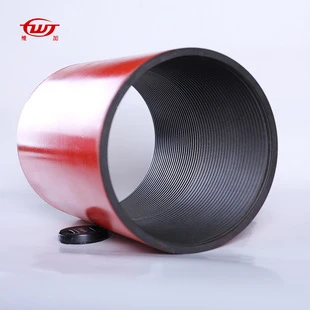- Afrikaans
- Albanian
- Amharic
- Arabic
- Armenian
- Azerbaijani
- Basque
- Belarusian
- Bengali
- Bosnian
- Bulgarian
- Catalan
- Cebuano
- Corsican
- Croatian
- Czech
- Danish
- Dutch
- English
- Esperanto
- Estonian
- Finnish
- French
- Frisian
- Galician
- Georgian
- German
- Greek
- Gujarati
- Haitian Creole
- hausa
- hawaiian
- Hebrew
- Hindi
- Miao
- Hungarian
- Icelandic
- igbo
- Indonesian
- irish
- Italian
- Japanese
- Javanese
- Kannada
- kazakh
- Khmer
- Rwandese
- Korean
- Kurdish
- Kyrgyz
- Lao
- Latin
- Latvian
- Lithuanian
- Luxembourgish
- Macedonian
- Malgashi
- Malay
- Malayalam
- Maltese
- Maori
- Marathi
- Mongolian
- Myanmar
- Nepali
- Norwegian
- Norwegian
- Occitan
- Pashto
- Persian
- Polish
- Portuguese
- Punjabi
- Romanian
- Russian
- Samoan
- Scottish Gaelic
- Serbian
- Sesotho
- Shona
- Sindhi
- Sinhala
- Slovak
- Slovenian
- Somali
- Spanish
- Sundanese
- Swahili
- Swedish
- Tagalog
- Tajik
- Tamil
- Tatar
- Telugu
- Thai
- Turkish
- Turkmen
- Ukrainian
- Urdu
- Uighur
- Uzbek
- Vietnamese
- Welsh
- Bantu
- Yiddish
- Yoruba
- Zulu
Casing Collar Solutions | High-Quality Oilfield Equipment
Understanding the Importance of Casing Collars in the Oil and Gas Industry
In the oil and gas industry, drilling operations are complex and require a myriad of components to ensure safety, efficiency, and effectiveness. One critical component that plays a significant role in these operations is the casing collar. The casing collar is a pivotal part of the casing string, which is a series of tubes that line the borehole after drilling. Understanding its function and importance can provide deeper insights into drilling processes and well integrity.
Casing collars are situated at intervals along the casing string, serving several essential purposes. First and foremost, they provide structural integrity to the casing. The collars help to ensure that the casing remains stable during and after the drilling process. They are designed to withstand the immense pressure and turbulent conditions encountered in deep wells, contributing to the overall reliability of the well.
Additionally, casing collars are crucial for cementing operations
. When cement is pumped into the annulus between the casing and the borehole, casing collars provide a stopping point, allowing the cement to set properly and create a strong bond that prevents fluid migration. This bond is critical in maintaining well integrity, as it helps to isolate different rock formations and reduce the risk of blowouts or leaks.casing collar

Casing collars also accommodate the installation of various downhole tools. They often feature threaded connections or specific profiles that allow tools such as packers, plugs, and sensors to be securely attached. This versatility makes them essential for implementing various completion and intervention techniques, which are vital for managing reservoir pressures and enhancing production efficiency.
Furthermore, casing collars can be equipped with identification tags, allowing operators to easily track the casing string's depth and configuration. This is particularly important in extensive drilling projects where multiple casings are used, as it helps in maintaining accurate records for future reference.
In conclusion, casing collars are integral components in drilling operations within the oil and gas sector. Their roles in providing structural support, aiding in cementing operations, facilitating tool installation, and ensuring traceability highlight their importance in maintaining well integrity and operational success. With the ongoing advancements in drilling technology, the design and functionality of casing collars will likely continue to evolve, further enhancing their effectiveness and the overall safety of drilling operations. Understanding their importance is crucial for anyone involved in the industry, as these seemingly minor components play significant roles in achieving successful drilling outcomes.
-
Tubing Pup Joints: Essential Components for Oil and Gas OperationsNewsJul.10,2025
-
Pup Joints: Essential Components for Reliable Drilling OperationsNewsJul.10,2025
-
Pipe Couplings: Connecting Your World EfficientlyNewsJul.10,2025
-
Mastering Oilfield Operations with Quality Tubing and CasingNewsJul.10,2025
-
High-Quality Casing Couplings for Every NeedNewsJul.10,2025
-
Boost Your Drilling Efficiency with Premium Crossover Tools & Seating NipplesNewsJul.10,2025







